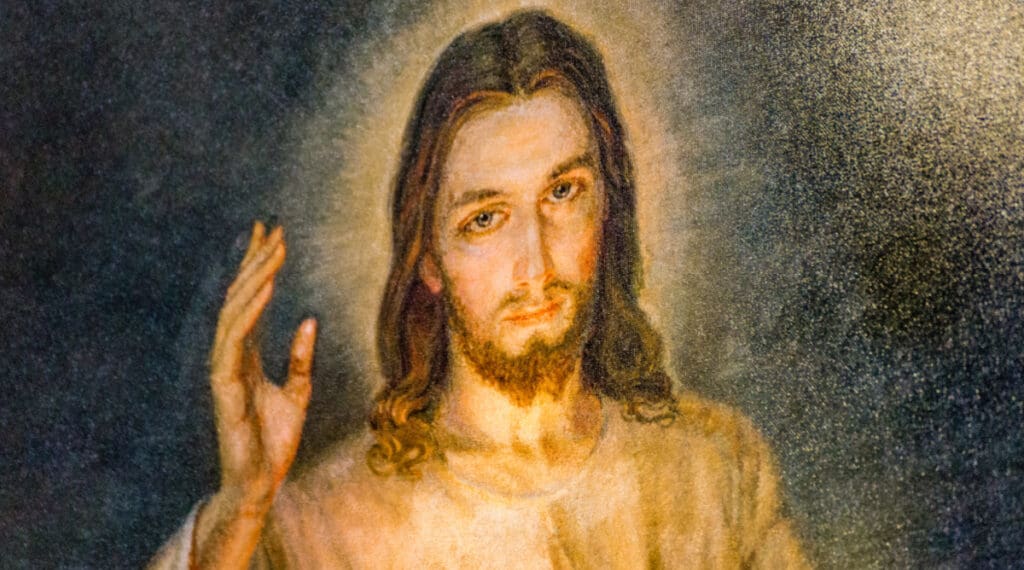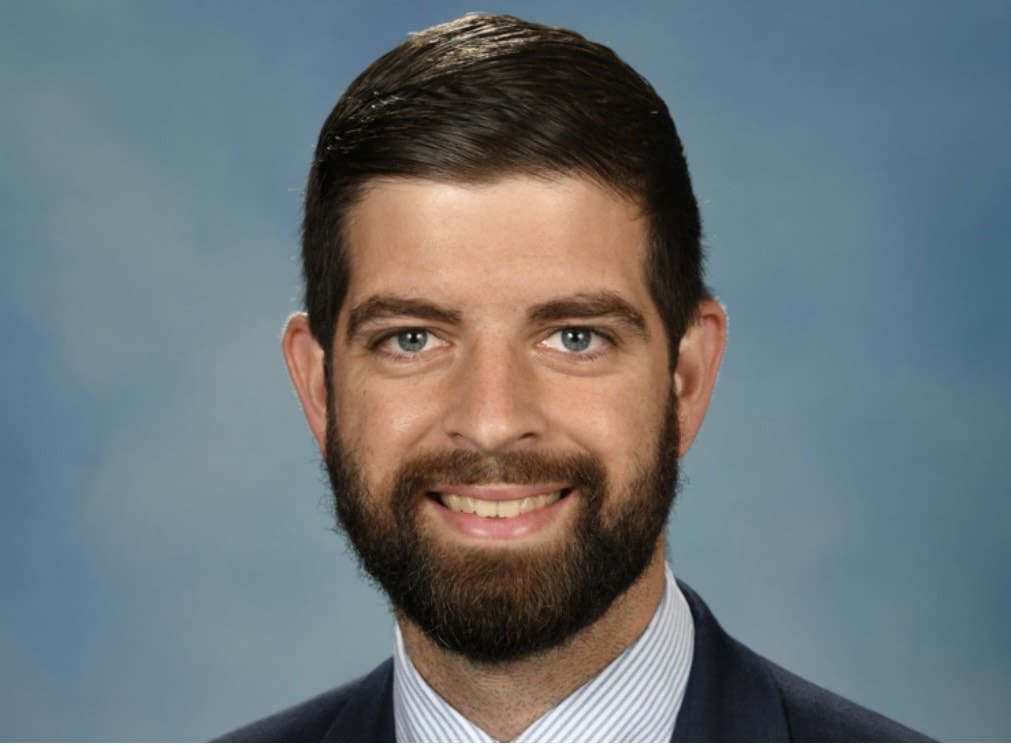In our present moment in history, so many are cautious towards or reject altogether anything in the arena of God and religion. Our culture appears to be more divided than ever, people demean each other over social media constantly, dialogue and discussion are being replaced with mob rule, and our churches continue to hold low attendance numbers.
The answer to these calamities in our culture and in religion can be answered very simply, with mercy.
Every Sunday following Easter, the Catholic Church celebrates Divine Mercy Sunday. This special feast was instituted by Pope St. John Paul II and it especially commemorates the revelation of Jesus to St. Faustina Kowalski. Easter focuses on Jesus’ triumph over the grave as a fact of history – God has defeated death and evil. Divine Mercy remembers the fact that he did all of that out of love for me and for you. This celebration should last beyond one day of the year and reverberate throughout our entire lives.
Many would summarize the Catholic Church as judgmental and oppressive, not merciful and loving. Nothing could be further from the truth. In fact, the misunderstanding of religion in general and Catholics specifically is because truth is misunderstood. Mercy is only a reality if you trust a person will forgive you even when you have violated the truth (done something wrong).
Truth, as explained by St. Thomas Aquinas, is the correct conformity between one’s mind and reality. When someone violates this conformity they can very easily hurt themselves or others (sin). Mercy reveals to us that God never tires of forgiving us. All we need to do is acknowledge our sins, ask for forgiveness and trust in Him.
This language, however, means nothing to many in our time. So many view the entire human condition as a search to clinch power, not serve others with compassion. In a society where everything is permitted and nothing is forgiven, mercy has no home.
Establishing mercy will be critical if we desire our culture to not just be civil but to truly flourish. We should not accept that we are to just co-exist with our enemies until we have power over them in the next election cycle. Mercy, as St. Faustina said, is characterized by a movement towards others that is in conformity with how God moves towards us. Mercy is only needed for when we have made a mistake or been imperfect. All are in need of mercy.
We can show that mercy towards others because God has first loved us so immensely that he endured the pain of the cross for us. In light of his action towards us, we move towards others in a way that always respects their dignity – especially when they have wronged us or are in the wrong.
All we can do is offer that mercy towards those who live in sin or try to deny reality and truth. We must offer them mercy because we are in need of it as well. Lest we become convicted of becoming like the older son in the Parable of the Prodigal Son. Not moving from a place of mercy will lead us to demean those who demean us. If we reject mercy we become just like those that attack the Church’s beliefs.
This sounds crazy, childish and naive. However, this is Christianity in a nutshell. It was not a political movement or the establishment of a new regime of power that changed the course of history. It was the Roman execution of the son of a Jewish carpenter. He was deserted by his thousands of followers and closest friends, but on the third day he rose from the dead and appeared to hundreds of people. What appeared to be crazy became the avenue for redemption. If we want our time to be redeemed we must follow this blueprint.
Mercy wins, always. Can you trust that? Despite the craziness in our culture and the rejection of truth let us move in the right direction. Let us choose mercy. That will not make us soft. It will help us live in the truth, act for justice and reclaim the fact that not everything should be permitted and anything can be forgiven.
Mercy can save our culture, if we let it save us first.
_____________________________________
Image courtesy Depositphotos.




